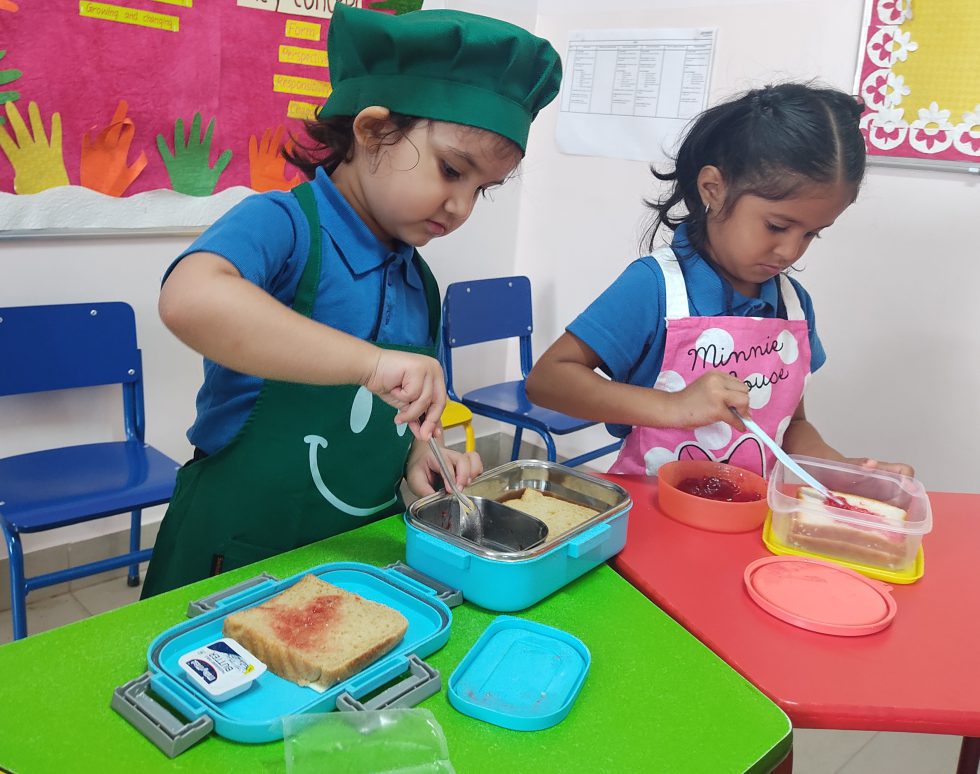A Kindergarten to Grade 12 Day & Boarding International School for boys & girls in Bangalore
Our Schools

IB
TREAMIS offers Primary Years and International Baccalaureate programmes from International Baccalaureate Organization.
Read More...

Cambridge
TREAMIS offers Cambridge Lower School, IGCSE and International A Level programs from Cambridge Assessment International Education.
Read More...

CBSE
TREAMIS offers CBSE curriculum for Grades 1 to 12. It also facilitates high school students to prepare for competitive exams so students can pursue Engineering and Medical degrees in undergraduate degrees.
Read More...

Preschool
The IB preschool offers social and educational needs of children between the ages of 3 years to 6 years
Read More...
Upcoming Events
-
24-07-2025, Thursday
STUDENT LED CLUB APPLICATIONS
-
23-07-2025, Wednesday
STUDENT COUNCIL ANNOUNCEMENTS
-
16-07-2025, Wednesday
French Day Assembly
-
11-07-2025, Friday
STUDENT COUNCIL ELECTIONS/ INTRAMURALS
-
28-06-2025, Saturday
PARENT OPEN HOSE
-
25-06-2025, Wednesday
STUDENT COUNCIL APPLICATIONS
-
24-06-2025, Tuesday
STUDENT COUNCIL APPLICATIONS
-
20-06-2025, Monday
INTERNATIONAL YOGA DAY- Special Assembly
-
23-06-2025, Monday
REOPENING DAY - A LEVEL CIE
-
23-06-2025, Monday
A Level
-
11-06-2025, Wednesday
LKG, UKG
-
09-05-2025, Monday
Pre KG
-
09-05-2025, Monday
Grades 3, 4, 5 (CBSE and IB)
-
14-03-2025, Friday
International Math Day
-
22-03-2025, Saturday
Graduation Day - Upper Kindergarten & Grade 5
-
18-04-2025, Friday
Good Friday - Holiday
-
08-02-2024, Saturday
Preschool SLC
-
15-02-2025, Saturday
Preschool Game Day
-
19-02-2025, Wednesday
High School Sports Day
-
22-02-2025, Saturday
Walkathon
-
Overnight field trip for Grades 4 & 5
November 18, 2024
-
Upper school showcase
November 23, 2024
-
Upper school sports day
December 4, 2024
-
Student led conference (Grades 1-5)
December 7, 2024
-
Preschool showcase
December 14, 2024
-
Year end - celebration
December 20, 2024
-
Winter break
December 21, 2024 - Jan 1 , 2025

Academic Placement

Abhay Asagodu

Anupama Rao

Renu Ravichandran

Nikash Mathur – BITS Pilani

Pranav Prabhu Kumble – IIT Guwahati
Take a Campus Tour
What They Say








































